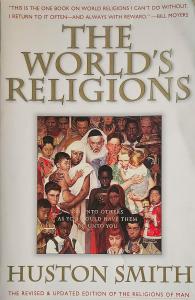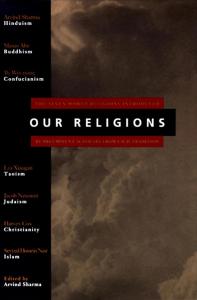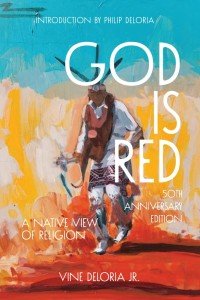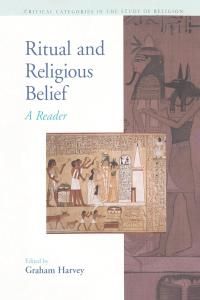Review
The Varieties of Religious Experience by William James is a classic work of literature that explores the diverse and complex nature of human spirituality. In this book, James delves into the fundamental questions of faith, belief, and the human experience of the divine, drawing from various religious traditions and philosophical perspectives.
Through a comprehensive and thought-provoking analysis, James examines the different aspects of religious experience and how they shape the individual and society. He explores the role of mysticism, morality, and religious practices in shaping our understanding of the world and our place in it.
The primary goal of this objective is to provide a critical and in-depth review of James' groundbreaking work. By delving into the nuances and intricacies of religious experience, this objective aims to shed light on the universal human quest for meaning and purpose. Through James' insightful observations and analyses, readers are challenged to reflect on their own spiritual journey and gain a deeper understanding of the complexities of faith and belief.
Moreover, this objective also seeks to highlight the relevance and significance of The Varieties of Religious Experience in today's world. Despite being over a century old, James' work remains highly relevant and thought-provoking in a constantly changing and diverse society. This review encourages readers to engage with James' ideas and apply them to their own lives and the world around them.
In summary, the objective of this review is to provide a comprehensive and thought-provoking analysis of The Varieties of Religious Experience by William James, highlighting its timeless relevance and profound insights into the human spiritual experience.
With its rich and diverse content, this book is a valuable resource for anyone seeking a deeper understanding of the complexities of faith and belief. Through James' keen observations and thought-provoking analyses, readers are invited to embark on a journey of self-reflection and exploration of the universal human quest for meaning and purpose. This book remains essential for anyone interested in the intersection of religion, philosophy, and human experience.
James' book offers a wealth of insightful and diverse content that will benefit anyone seeking a deeper understanding of the complexities of faith and belief. James' keen observations and thought-provoking analyses invite readers to embark on a journey of self-reflection and exploration of the universal human quest for meaning and purpose. This book is for anyone intrigued by the intersection of religion, philosophy, and human experience.






